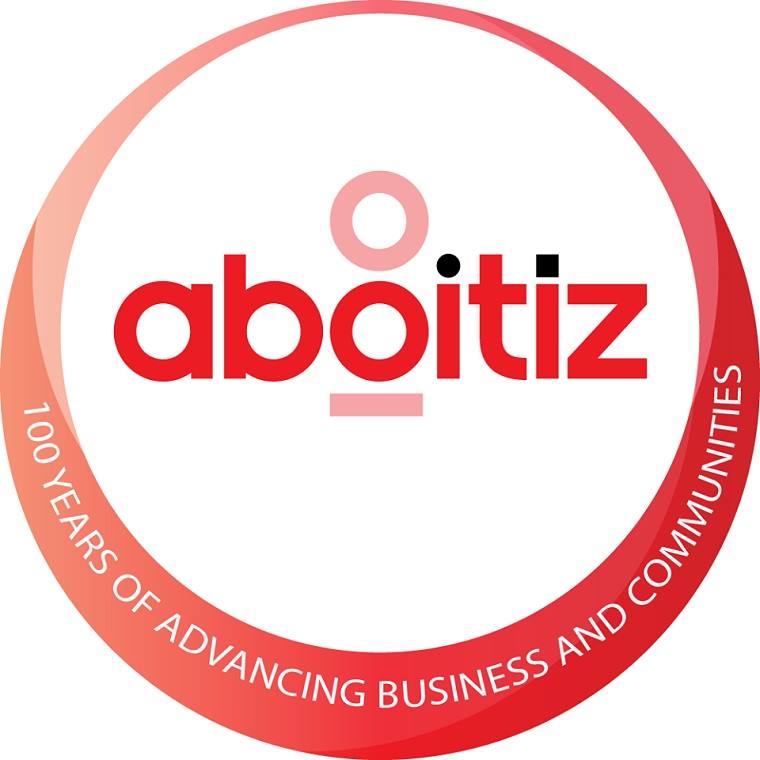CEBU CITY, Philippines — Although the coronavirus 2019 pandemic has an adverse impact on the global economy, the Aboitiz Group plans to infuse P47 billion in capital expenditure (capex) for the year 2020 to help the country’s economy.
This amount is one-third lower than the originally-set capex of P73 billion, according to an emailed press release from the Aboitiz Group. The reduction in the group’s capex takes into consideration the impact on the group’s and country’s future growth.
The bulk of the capex reduction came from the group’s infrastructure, power, and land units, which mostly covered operating maintenance and expansion costs.
“Most of our businesses are in industries that are vital to keeping the economy running. Filipinos need electricity, food products, and money, for example. And for our other businesses, we have been prudent in capital expenditure spending so this should not be much of a problem,” said Sabin M. Aboitiz, Aboitiz Group president and chief executive officer.
Aboitiz Power Corporation’s ongoing GNPower Dinginin Unit 1 project is set to synchronize by the 4th quarter and start commercial operation by the 1st quarter next year. The Unit 2 component will synchronize by the first quarter of 2021 and will start commercial operations by the second quarter of 2021.
Aboitiz Power president and chief executive officer Emmanuel Rubio noted an increase in energy consumption due to higher temperature. “We also expect a gradual increase in demand as we adjust to the gradual easing of the quarantine,” Rubio added.
On the other hand, the Union Bank of the Philippines, responded to the crisis by keeping a large percentage of its branches open. It reported that its balance sheet remains strong enough to withstand significant financial impact.
According to Union Bank president and chief executive officer Edwin Bautista, the crisis has accelerated the coming of the digital world as it experienced a tenfold-increase in the number of digital customers during the ECQ.
Meanwhile, Pilmico Foods Corporation’s plants in Tarlac and Iligan, as well as the company’s swine and poultry farms, continued its operations to allow stakeholders to meet their requirements since the start of local ECQs.
The integration of Pilmico and Gold Coin will continue in various areas including procurement, cross-selling across countries and shared services.
The Aboitiz InfraCapital Inc. is now studying the impact of the pandemic on its projects, especially in the airport sector. Its bulk water supply unit, the Apo Agua Infrastructure Inc., is closely coordinating with its contractors to determine which specific work streams can be implemented amid Davao City’s ECQ, recovery time, and any implications on obligations with Apo Agua’s partners.
On the other hand, Aboitiz Land expects the local real estate market to be resilient with the still unserved demand for housing as a significant contributing factor. The company’s early investments in contactless residential sales and marketing will continue this year.
The Aboitiz Group’s privately-held construction arm Aboitiz Construction, Inc. continues to operate and work on its projects in Balamban, Cebu, and Mindanao, even with stricter precautions. The company hopes to immediately resume work on all its first and second quarter projects in ECQ-affected areas.
This is in line with the Aboitiz Group’s goal of keeping the economy stimulated with the immediate implementation of the government’s infrastructure program, especially projects of national significance. /rcg
